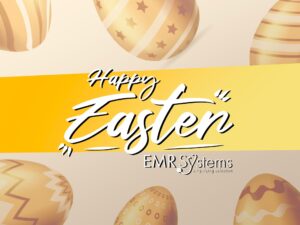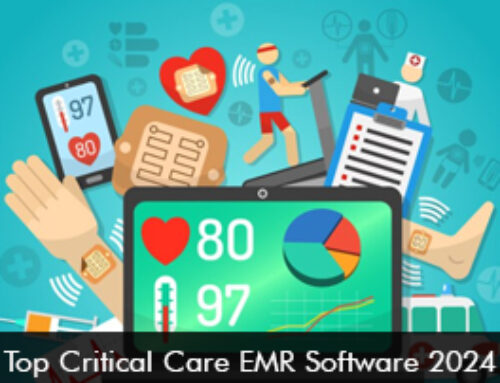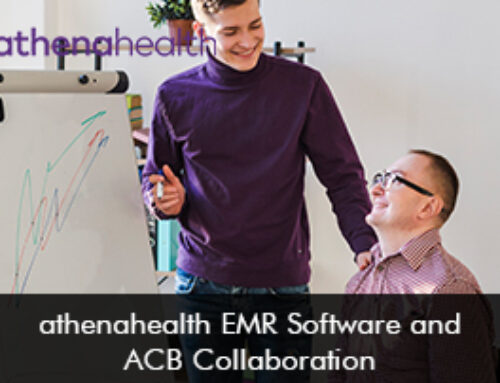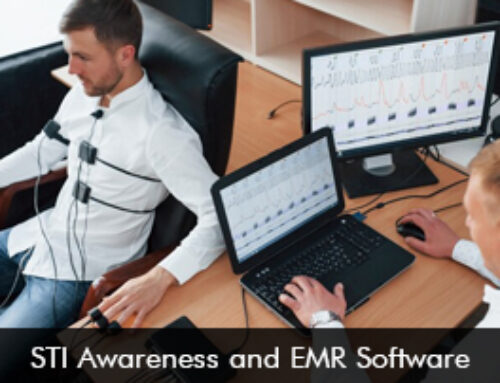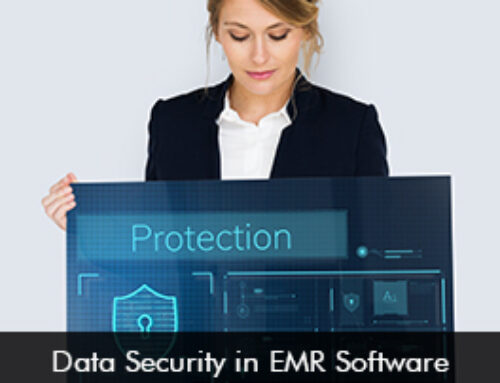Easter, the joyous celebration of resurrection and renewal, is a time cherished by millions around the world. Let’s take a moment to explore an essential aspect of modern healthcare: Electronic Medical Record (EMR) software.
The Significance of EMR Software
Just like Easter, EMR software represents a significant renewal in the healthcare industry. By revolutionizing medical records management, EMR software improves healthcare delivery.
EMR software is a digital version of a patient’s paper chart. It contains the medical history, diagnoses, medications, treatment plans, immunization dates, allergies, radiology images, and laboratory test results of patients. This digital format allows for easy access, sharing, and updating of patient information within healthcare organizations.
Streamlining Healthcare Processes
One of the primary benefits of EMR software is its ability to streamline healthcare processes. With electronic records, healthcare providers can access patient information instantly, facilitating quicker diagnoses and treatment decisions. Gone are the days of sifting through stacks of paper files. Now, a patient’s entire medical history is just a few clicks away.
Improved Patient Care
EMR software also enhances patient care by ensuring accuracy and consistency in medical records. Healthcare providers can quickly review a patient’s history, including past treatments and medications, reducing the risk of errors and adverse drug interactions. Additionally, EMR systems can generate reminders for preventive screenings and vaccinations, promoting proactive healthcare management.
Enhanced Communication and Collaboration
In a healthcare setting, effective communication and collaboration are paramount. EMR software facilitates seamless communication among healthcare professionals by allowing them to share patient information securely. Whether it’s consulting with specialists, coordinating care plans, or sending electronic prescriptions to pharmacies, EMR systems enable efficient collaboration, ultimately benefiting patient outcomes.
Data Security and Privacy
Concerns about data security and patient privacy are at the forefront of healthcare technology discussions. EMR software addresses these concerns by implementing robust security measures, such as encryption, user authentication, and audit trails. These features help safeguard patient information from unauthorized access or breaches, ensuring compliance with healthcare regulations like the Health Insurance Portability and Accountability Act (HIPAA).
Accessibility and Convenience
Another advantage of EMR software is its accessibility and convenience. Healthcare providers can access patient records remotely, allowing for continuity of care, even outside traditional clinical settings. This flexibility is especially valuable in emergencies or when providing telemedicine services, where immediate access to patient information can make a difference in treatment outcomes.
Cost-Effectiveness
While the initial investment in EMR software implementation may seem significant, the long-term benefits often outweigh the costs. Electronic records reduce the need for paper, storage space, and administrative overhead associated with traditional paper-based systems. Moreover, streamlined workflows and improved efficiency can lead to cost savings for healthcare organizations in the long run.
As we celebrate Easter and embrace the spirit of renewal, let’s recognize the transformative power of EMR software in modern healthcare. Just as Easter symbolizes new beginnings, EMR systems herald a new era of efficiency, accuracy, and patient-centered care. By embracing technology and innovation, we can ensure that healthcare delivery continues to evolve, meeting the needs of patients and healthcare providers alike.
So, this Easter rejoice in the promise of resurrection and renewal. And from all of us at EMRSystems – Happy Easter!



